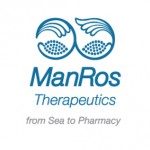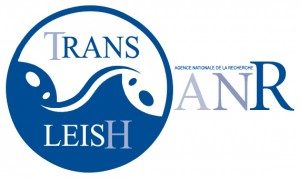About
The protozoan parasite Leishmania donovani causes fatal visceral leishmaniasis, one of the most neglected tropical diseases. In the absence of economic incentive, serious Research and Development (R&D) investments into anti-leishmanial drug development lack from the portfolio of the major pharmaceutical players. The TransLeish consortium forms a new public-private Partnership that responds to this limitation and aims to improve neglected disease R&D through the translation of basic Leishmania research results into pre-clinical application.
TransLeish synergizes important national expertise of its academic partners at Institut Pasteur and CNRS, and its industrial partner ManRos Therapeutics in Leishmania signal transduction and kinase-biased drug development. It builds on important intellectual property generated through the EU-sponsored LeishDrug consortium, including innovative activity-based target screens, phenotypic drug screening assays, and hit compound identification using a unique kinase-biased compound library. The major aim of TransLeish is to translate these important resources into pre-clinical application and to coordinate the first essential steps towards the development of novel anti-parasitic drug leads .
The main objectives are (i) to identify anti-leishmanial lead compounds that fulfill the major criteria of broad anti-leishmanial activity, selectivity, bio-availability, and feasible medicinal chemistry (Task 1), (ii) to develop and apply novel proteomic strategies of target deconvolution to identify the parasite kinases that are targeted by these leads (Task 2), and (iii) to validate the druggability of these protein kinases by biochemical and genetic approaches (Task 3).
TransLeish will form a powerful platform to drive translational research in the field of anti-parasitic drug treatment. It will deliver considerable progress beyond the state-of-the-art with respect to the development of innovative, systems-wide drug screening concepts, and will advance our understanding on trypanosomatid signal transduction that may be exploited for the development of new therapeutic approaches. Given the growing interest of the pharmaceutical industry in the development of kinase inhibitors for the treatment of various diseases, the drug development strategy of TransLeish may be applied to other drug development efforts, targeting for example renal diseases, cancer and Alzheimer’s disease, and thus may significantly increase efficiency and productivity of the public health research in France.













